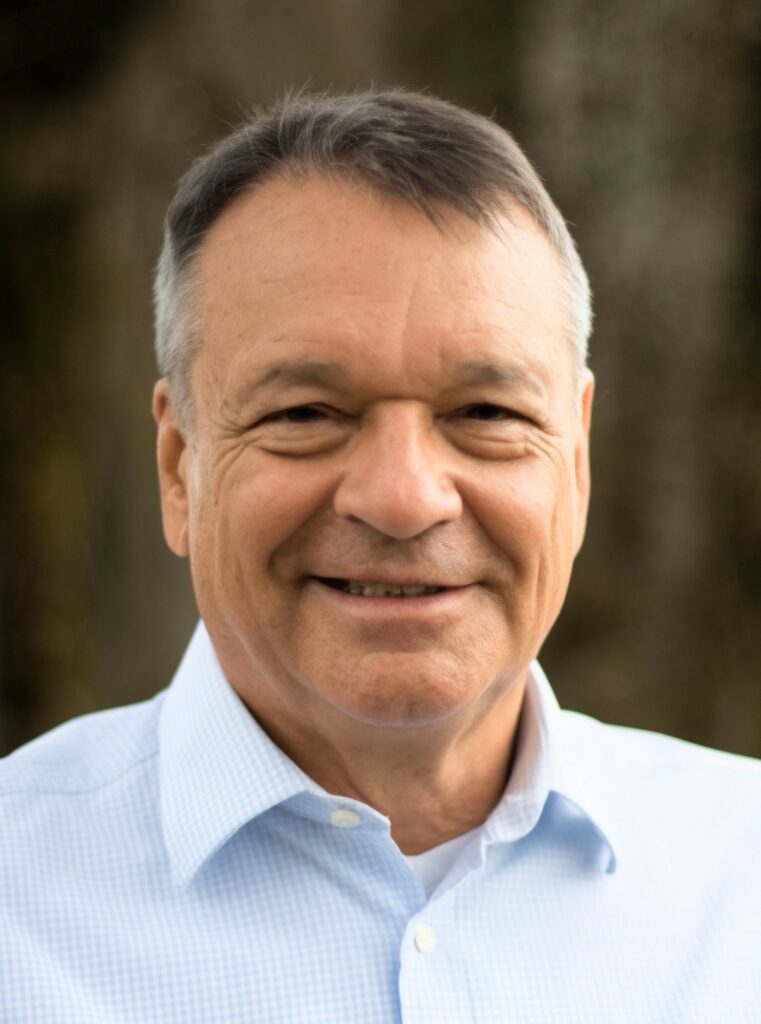Sports and sleep are often seen as opposites: one represents action and peak performance, while the other embodies rest and paralysis. At first glance, the contrast is stark, but a closer look reveals that sleep and sport are deeply interconnected, with numerous processes in one state influencing the other. This interrelationship between daytime performance and nighttime recovery has garnered increasing attention in recent years, both in competitive sports and in scientific research.
Traditionally, sports psychology has focused on the activity and its related psychological processes, such as competition anxiety. However, crucial physiological processes essential to these activities occur during the intervals between them. For instance, after learning a new movement, like a basketball free throw, the body needs time to consolidate the acquired skill. Similarly, recovery after intense strength training requires time.
Current research suggests that simply allowing time for these processes is not enough; they are state-dependent and necessitate sleep. Although the full functions of sleep remain elusive, it is widely recognized as a vital resource for both psychological and physiological well-being.
In my lecture, I will explore various aspects of the intersection between sports and sleep, highlighting their critical connection and the importance of sleep for optimizing athletic performance and recovery.

Daniel Erlacher is an Associate Professor and lecturer in training science and sports biology at the Institute of Sport Science at the University of Bern. He studied sports sciences, psychology, and education at Heidelberg University, where he also earned his PhD and habilitation in sports science.
Erlacher’s research primarily focuses on the intersections of sleep, dreams, and sports, with a particular emphasis on motor learning during lucid dreams, sleep in elite sports, and sleep-related regeneration processes. His innovative work in these areas has contributed notably to our understanding of how sleep and dreaming can influence physical and cognitive performance in athletes.
Erlacher has also authored the textbook „Sport and Sleep,“ which consolidates the key findings of his research and offers valuable insights for both practitioners and scholars in the field of sports science. Through his work, he has established himself as an expert in the niche yet critical area of sleep science within the context of sports, influencing practices related to athlete training, recovery, and overall well-being.
Chronic stress is a major risk factor for many common mental disorders, such as depression and anxiety. These disorders cause substantial human suffering and costs to the society. Providing environments that promote stress recovery can therefore have a significant impact on population health and wellbeing.
Decades of research have demonstrated that exposure to and contact with nature contribute to stress resilience and recovery from stressful experiences. There is also evidence that this translates directly into lower prevalence of various mental disorders. Chronic stress and mental illness are more common in urban than in rural areas, why it is particularly important to consider the incorporation of greenspaces and green infrastructure in city planning and development. Investments in nature-based solutions, such as urban tree maintenance and provision of high-quality parks for everyone, tend to have numerous health co-benefits and may contribute to mental wellbeing across the life course.
This presentation will provide an overview of the latest research and evidence on the associations between greenspaces, stress, and mental health and discuss how transdisciplinary efforts can increase our understanding of actions that benefit the health of both humans and the environment. It will also outline mechanisms and pathways as well as how to implement research findings into policy and practice.

Matilda van den Bosch is a Senior Researcher at the Barcelona Institute for Global Health, Spain, and at the European Forest Institute Biocities Facility, Rome, Italy. She is also an adjunct professor at the University of British Columbia, Canada. Her goal is to contribute to evidence-based policies that acknowledge and support the interdependence between healthy ecosystems and healthy people in cities and beyond.
Being a physician, she is a pioneer in the research around the beneficial impacts of nature on health and she is the primary editor of the first textbook on the topic, published by the Oxford University Press. Matilda is leading several international research projects related to nature-based solutions and health impacts of urban forests and she has advised various international organisations, including the World Health Organization and the UN Environmental Programme.
Recovery is important for performance in various contexts. It is also crucial for health and well-being. In sports, recovery is frequently equated with regeneration. In the medical context, it is synonymous with healing. However, the functions of recovery exceed such limited views. Certainly, the replenishment of resources after stressful activities is an important aspect of recovery. A broader perspective will be addressed that involves a process-oriented conceptualisation of recovery. The focus is on stabilising the person through restoring and maintaining a recovery-stress balance and generating a preventive “stress buffer”. Thus, recovery involves an increase in the individual stress capacity which relies on obtaining, retaining, protecting and building resources The resources are associated with increased resilience and thereby, play an important role in maintaining performance capacities, illness prevention, and the promotion of health and well-being.

Jürgen Beckmann is Emeritus of Excellence at the Technical University of Munich where he held the Chair of Sport Psychology from 2006 until 2021. He is Honorary Professor at the School of Human Movement and Nutrition Science of the University of Queensland, Australia, and Adjunct Professor at the Department of Physical Education and Sport Sciences at the University of Limerick, Ireland. He received his PhD in Psychology from the University of Mannheim for which he has been awarded the Young Researchers’ Award of the German Psychological Society (DGPs). He received his habilitation in Psychology from the University of Mannheim and the Ludwigs-Maximilians University Munchen. He holds trainer licences in Alpine skiing and canoeing and was sport psychologist for several national teams (Alpine skiing, Golf, Ice Speed Skating), Teams of the German Bundesliga, and professional athletes in individual sports. His research focuses on performing under pressure, motivation, athletes’ mental health and well-being. He is a former president of the German Association of Sport Psychology and has been editor-in-chief of the association’s journal. His more than 300 publications have received more than 10.000 citations. Together with Michael Kellmann he edits the Routledge series “Advances in recovery and stress research” since 2020.